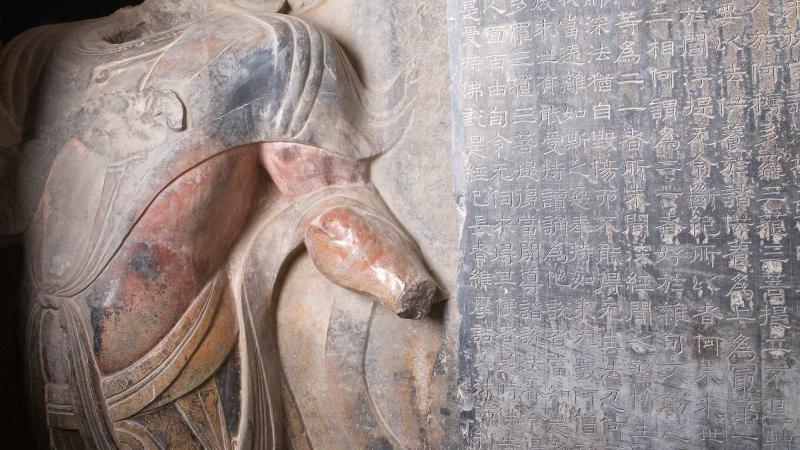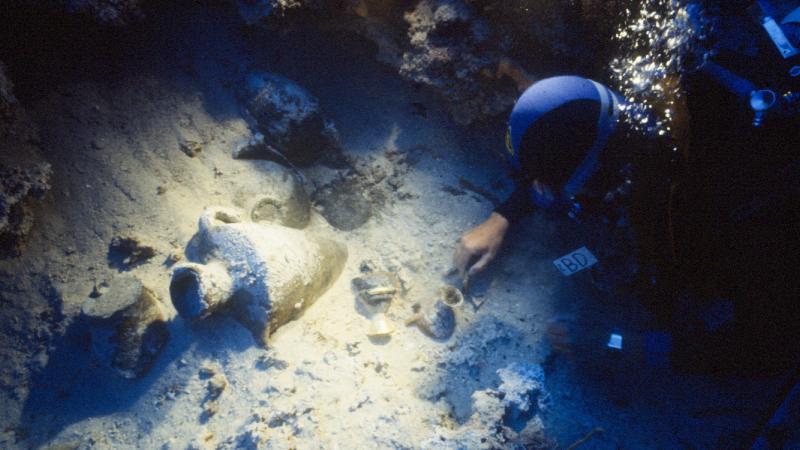State encyclopedias began, of course, in the age of print. In the United States, a prime example was the Handbook of Texas, first published by the Texas State Historical Association in 1952 and reissued as the revised New Handbook of Texas in 1996. The content went digital in 1999 as the Handbook of Texas Online.
“I think of that as the beginning of the state online encyclopedia movement,” says Jamil Zainaldin, president of the Georgia Humanities Council. The New Georgia Encyclopedia, which describes itself as “the first state encyclopedia designed exclusively for online publication,” went live in 2004. Originally conceived as both a print and digital publication, it became a purely Web-based project early in its development, with information about the state’s history, culture, and people.
With Texas online and Georgia in the works, then NEH Chairman William Ferris saw a wealth of possibilities for other state encyclopedias. An encyclopedia advocate—Ferris was coeditor of the Encyclopedia of Southern Culture (1989)—he established an NEH grant initiative through the state humanities councils for more online state encyclopedias.
By August 2001, when Ferris interviewed Douglas Barnett, coeditor of the Handbook of Texas Online, for HUMANITIES magazine, he proudly noted that 18 states were now pursuing online encyclopedia projects. He asked Barnett to offer them his best advice.
One of Barnett’s immediate suggestions was to think of the encyclopedia’s audiences on a larger scale—including not only local students and scholars, but older citizens, for example, and expatriates. “For any state in the United States,” he said, “there are going to be people elsewhere in the world who are interested in some aspect of that state’s history, people from around the world who came from that state.”
While the geographical point may seem surprising, Zainaldin makes a similar point today. The New Georgia Encyclopedia has about a million unique visitors a month, he says, of whom as many as a quarter are from outside the United States. Journalists rely on it; search engines point researchers and students to the articles. Other natural audiences include residents, authors, educators, and people moving to Georgia—not to mention Georgia students participating in National History Day in need of reliable historical facts within easy reach.
Today’s state online encyclopedias with an NEH or humanities council connection also include the Encyclopedia of Alabama, the Encyclopedia of Arkansas History & Culture, Encyclopedia Virginia, e-WV (West Virginia), Guampedia, KnowLA: The Encyclopedia of Louisiana, Online Nevada Encyclopedia (ONE), and the bilingual Puerto Rico Encyclopedia. Still more are on the way, including the Colorado Encyclopedia.
Like each of the new online encyclopedias, the Puerto Rico Encyclopedia ultimately serves some of the most fundamental human needs, said Juan González Lamela, executive director of the Fundación Puertorriqueña de las Humanidades, or Puerto Rican Endowment for the Humanities. “It is important for all of us to have all the information available about our heritage,” he said of the encyclopedia just before its 2007 launch, “to know about our grandfathers and grandmothers.”
Written by Esther Ferington, an editor, writer, and content developer in Northern Virginia.


